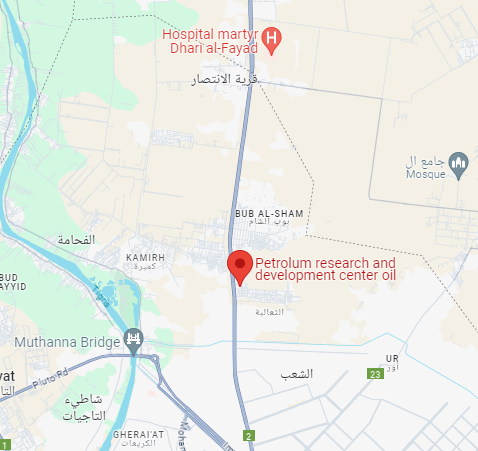The Use of Bitumen in the Stabilization of Lead Contaminated Iraqi Soil
DOI:
https://doi.org/10.52716/jprs.v9i1.276Keywords:
Bitumen Emulsion, Soil, Stabilization, lead, contamination, IraqAbstract
Iraq is one of the biggest countries in oil production and its processes. Bitumen is a by-product material that remains after the process of crude oil. This study is designed to investigate the role of bitumen in the stabilization of lead contaminated Iraqi soil; as measured by a newly developed “mini” Jet Device and the dispersion ratio method (DR,%).
The results revealed that both bitumen amount and its method of mixing with soil, as a direct or as emulsion mixing, can significantly improve the stability of lead contaminated soil. Hence, only 3% bitumen as emulsion mixing was required to get the optimum soil stabilization, compared with 9% in direct mixing. A 3% bitumen emulsion has reduced both the scouring depth (SD, from 24.5 to1.6 mm; R= -0.90) and the erodibility coefficient (Kd, from 1.09 to 0.14; R= -0.86) as a result of improving soil engineering properties related to soil stabilization. However, the 3% of bitumen emulsion has also improved the soil chemical properties that have an important role in soil aggregation and lead mobility; such as pH, EC and SAR. Therefore, 3% of bitumen emulsion has successfully decreased both the dispersion ratio (DR, % from 7.03 to 4.48; R= -0.90) and the lead solubility (Pb from 48.8 to 4.9ppm; R= -0.96) in the solutions of lead contaminated soil.
Downloads
Published
How to Cite
Issue
Section
License
Copyright (c) 2020 Ghazi Maleh Mutter

This work is licensed under a Creative Commons Attribution 4.0 International License.














